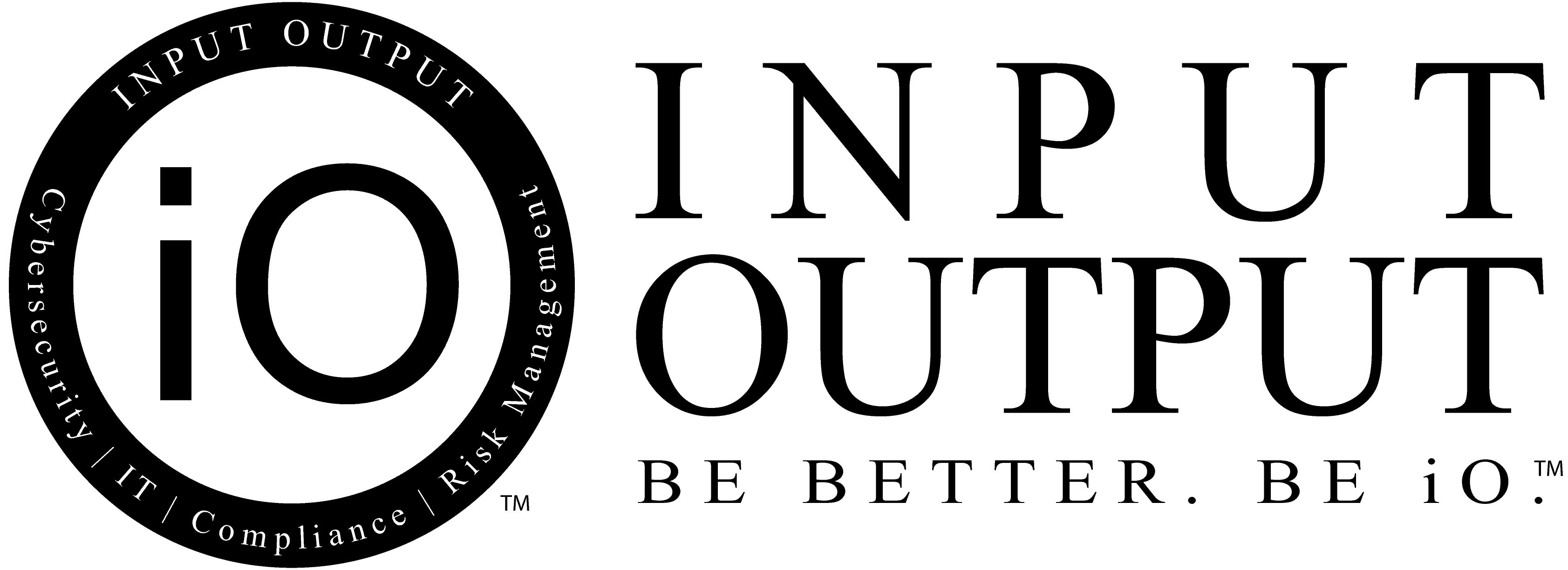We hold over 15 industry-recognized IT, management, and security certifications and are accredited by the BBB. Our ethical practices are evidenced by our membership in the FBI’s InfraGard program, and our expertise is acknowledged by the NSA, DoD, DHS, Dept. of Homeland Security’s CISCP and AIS cybersecurity programs, and our partnership with the EC-Council in developing cybersecurity certifications.
Furthermore, our membership in the DHS’s Office of Emergency Communications enables us to support national restoration efforts for critical infrastructure during emergencies.












